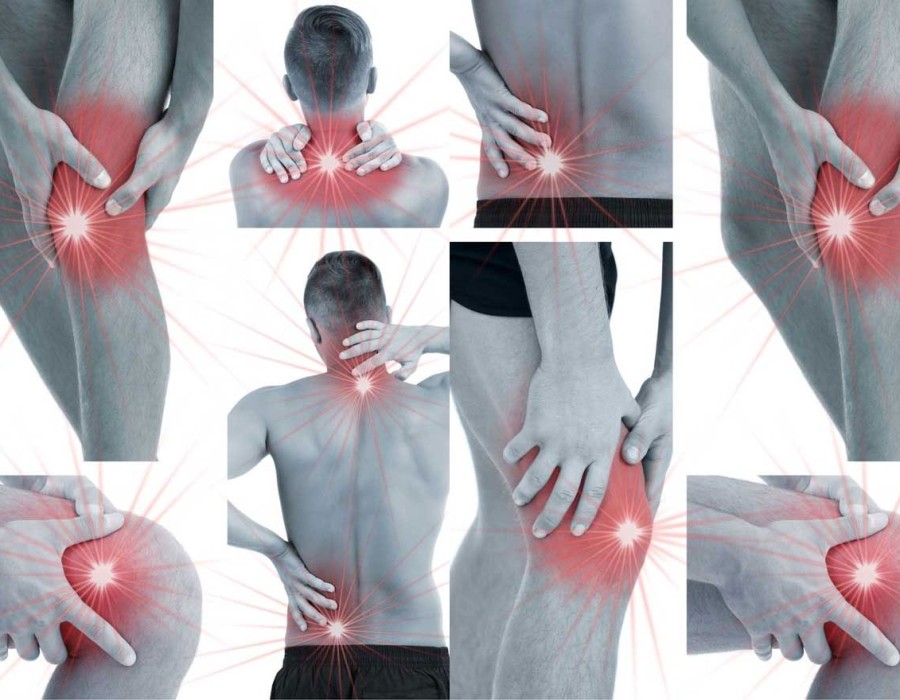Returning to sport after surgery is a critical milestone for athletes recovering from sports-related injuries. Whether it’s an ACL reconstruction, shoulder surgery, or any other procedure, several key factors play a crucial role in determining when and how athletes can safely resume their activities.
Here’s a detailed exploration based on insights from a sports injury surgeon :
1. Nature and Severity of the Injury:
- The type and extent of the injury heavily influence the recovery process. Complex injuries like ACL tears or rotator cuff tears may require more extensive surgical interventions and longer recovery periods compared to minor injuries.
2. Type of Surgical Procedure:
- Different surgical techniques have varying impacts on recovery and rehabilitation. Advances in sports medicine often offer minimally invasive procedures that reduce recovery time and optimize outcomes.
3. Rehabilitation Protocol:
- Following surgery, adherence to a structured rehabilitation program is crucial. This program, supervised by physiotherapists and sports medicine experts, focuses on restoring strength, flexibility, and functional movement specific to the athlete’s sport.
4. Individual Healing Response:
- Each athlete’s body responds uniquely to surgery and rehabilitation. Factors such as age, overall health, fitness level, and genetic predispositions can influence healing times and outcomes.
5. Psychological Readiness:
- Returning to sport involves more than physical readiness. Athletes must be mentally prepared to regain confidence in their abilities, trust their repaired body part, and manage any anxiety related to reinjury.
6. Clearance by Medical Team:
- The final decision to return to sport rests with the sports injury surgeon and the multidisciplinary medical team. They assess objective measures of recovery, including strength, range of motion, and functional tests, to ensure the athlete can safely resume competitive activities.
7. Risk Management Strategies:
- Risk factors such as the likelihood of reinjury or long-term joint health are carefully considered. Sports injury Surgeon in delhi may recommend protective measures like braces or modifications to training regimens to mitigate these risks.
8. Communication and Education:
- Open communication between the athlete, surgeon, coaches, and support staff is essential throughout the recovery process. Education about the injury, surgery, and rehabilitation milestones empowers athletes to actively participate in their recovery journey.
Choosing a Sports Injury Surgeon in Delhi:
When seeking treatment for sports injuries in Delhi, athletes benefit from consulting with experienced sports injury surgeons who specialize in the latest surgical techniques and rehabilitation protocols. These specialists understand the unique demands of competitive sports and tailor treatment plans to facilitate optimal recovery and safe return to sport.
In conclusion, successful return to sport after surgery requires a comprehensive approach that integrates surgical expertise, rehabilitation excellence, psychological support, and collaborative care. With the guidance of a skilled sports injury surgeon in Delhi, athletes can navigate their recovery journey with confidence and aim to achieve peak performance levels once again.





Comments